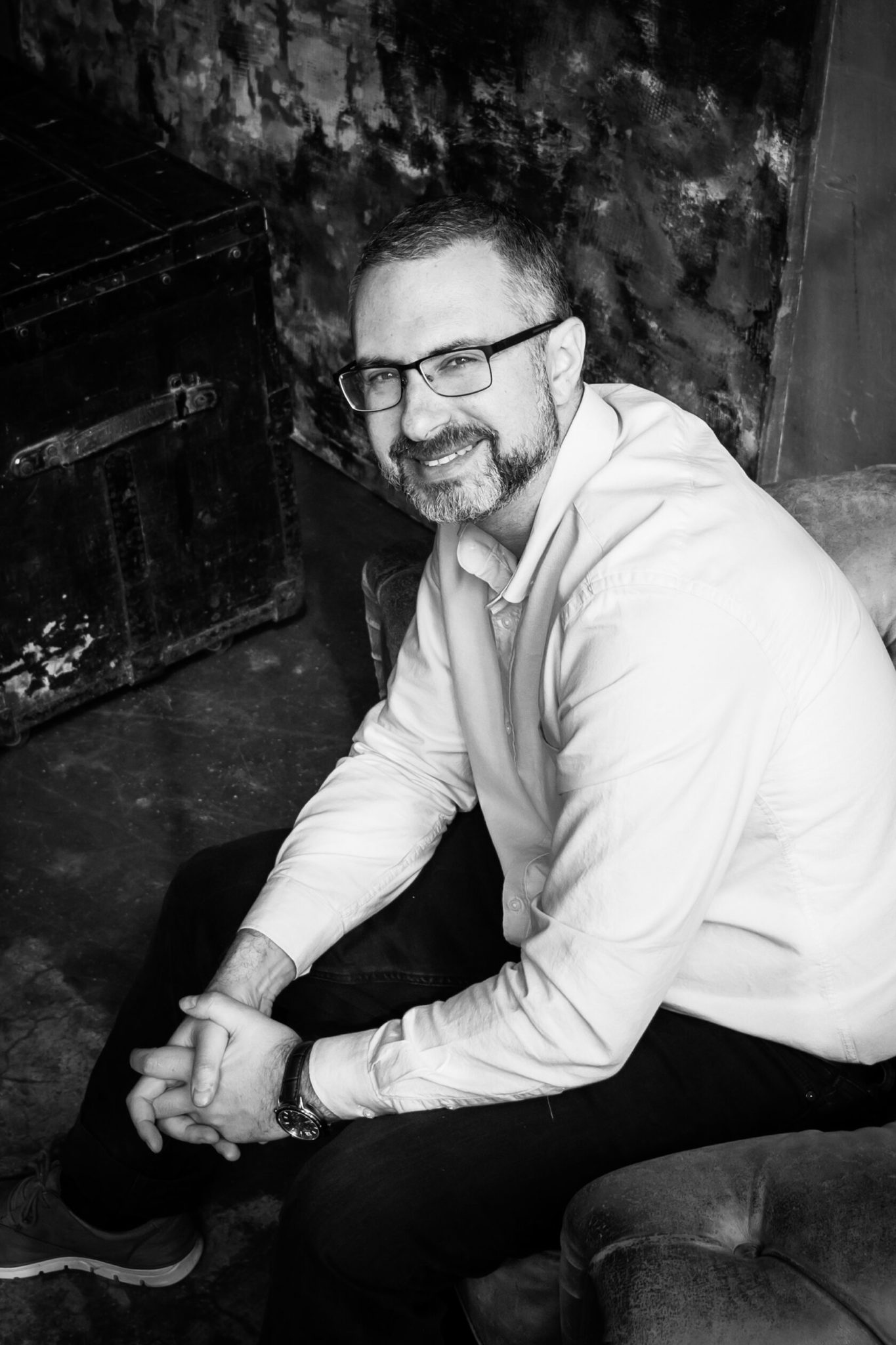Dealing with emotional aspects of being a replacement child
Recognizing one’s place in a family hierarchy is useful for understanding certain psychological processes. Are you the eldest, the youngest, the only child, child with many siblings? All of that influences how one grows up, the roles they carry, and more. For instance, in families with many children, the eldest child/ren often carries the responsibility of helping the parents with the younger ones. Meanwhile, the youngest child might grow up with the least responsibilities and feel cuddled and protected by the umbrella of family members.
Sometimes, it is not only the living family members who matter in the hierarchy, but also those who didn’t survive. In that case, a family system might appoint a new child to become a “replacement child.” A replacement child is one who was brought into the world in place of another family member, usually another child who, for some reason, did not make it (whether already born or in utero).
Famous painter Salvador Dali was a replacement child whose parents viewed him as a reincarnation of his deceased brother. Eerily enough, he was born exactly 9 months and 10 days after the death of his brother, which suggests that the date of conception was very close to this tragic day. Dali deeply felt the anguish of his parents’ loss of his brother, their firstborn son. He wrote about himself: “Having been born, I stood in the place of the adored dead man, who continued to be loved through me… All my subsequent antics were a tragic constant in my life: I had to prove to myself that I was not my dead brother, but myself – alive” (4).
In the family system, a substitute child is conceived to fill the void left by the previous child and replace the parents’ loss. Sometimes, other family members push the parents to “do” something not just mourn and grieve. Thus, parents sometimes avoid the bereavement and try to replace death of the previous child with life of a new one, in an attempt to create a continuum from death to life.
For parents, the previous child continues to live through the replacement child. The parents project fantasies about their lost child —what they would have become if they grew up, how their life would go, what successes they would have – onto the replacement child. The replacement child becomes the one who must live up to these fantasies because their parents cannot accept the loss.
As a result, the child is faced with a huge task that is too heavy for their brittle shoulders: to replace the life of the previous child with their own. Some of the questions that beleaguer them might include: What was my sibling like? What would they have become? Why did they die unfairly and early? Why not me? How would they act in certain situations?
The replacement child is expected to become who the deceased could have been instead of discovering their own identity. When such children grow up they hungrily search for their personal identity, and ask themselves: Who am I? Why do I feel like I’m not living my own life? Why do I have a lot, but I’m not happy? Have I ever been loved for who I am, or only for whom I replaced?
Replacement children often experience an inexplicable sense of guilt. They feel guilty for the loss of their older sibling, although of course it is not their fault. This feeling of guilt also manifests itself strongly when a person decides to look for their personal identity; they may feel that they are betraying the entire family and the deceased member whom they had to replace.
Parents also feel guilty. They blame themselves that they couldn’t save their other child. They transmit their anxiety onto their children, which often presents as anxiety, guilt, and phobias in the child. Cain (2) describes a mother who lost her child in treating another child: “She carried the constant panic-laden fantasy of this child, too, dying. The slightest lump or fever or cough, ten minutes late coming home from school, or the sound of brakes being slammed on produced momentary terror.” These fears result in overprotecting their children and limiting their social interactions and exploration, thus inducing infantile, immature, mostly home-bound children with strong passive-dependent elements.
Cain explains that replacement children often carry morbid preoccupations. They expect that something bad will inevitably happen to them (like it happened to their sibling and by extension their parents). They are skeptical and even cynical about making it to an older age. When asked, “What will you do when you grow up?”, they may say, “I won’t grow up.” These children also live with distortions about risks in life. One boy whose brother died of severe infection and whose parents had explained it “like a special, real bad cold,” understood only that any cold will quickly lead to death.
For parents, conceiving a replacement child is a way to console their grief of loss and try to regain their loved child. However, by doing such, they deny themselves the mourning process, replacing it rather too quickly by new parenthood. Anisfeld (1) says: “Premature replacement of a dead child by a new one may interrupt, distort, and delay the mourning process but cannot resolve it even though the expectations once held for the dead child are now transferred to a new one.” They are unable to assuage the pain of loss by bringing a new child, so they dissolve the pain by transferring a part of it to the replacement child.
Undoubtedly, one of the main tasks of a substitute child is to separate. To find who they really are, they have to disconnect themselves from their parents’ expectations of what they should be. Often, this process of separation and discovering oneself is accompanied by hard resistance from their family, because accepting their child as “new” and “authentic” means they must come to terms with their loss and work through the grief stemming from it.
Replacement children begin to live when they understand themselves and accept themselves, taking a step away from the destiny of the person who had passed away before they were born and whom they were expected to “replace.” Realizing this right to their own life is the starting point for replacement children to feel happy. The process may be long and might come at an advanced age. It involves understanding of the parents’ emotional over-investment into their other child and the realization that these emotions and grief belong to the parents, and that eventually it’s them who has to deal with that grief.
Published by author on Psychology Today: https://www.psychologytoday.com/intl/blog/the-psychology-of-relationships-and-emotional-intelligence/202407/dealing-with-emotional
Bibliography:
1. Anisfeld, L., & Richards, A. D. (2000). The Replacement Child: Variations on a Theme in History and Psychoanalysis. The Psychoanalytic Study of the Child, 55(1), 301–318.
2. CAIN AC, CAIN BS. ON REPLACING A CHILD. J Am Acad Child Psychiatry. 1964 Jul;3:443-56.
3. FREUD, S. (1900). The Interpretation of Dreams. S.E.
4. Kononenko, R. (n.d.). Great Artists. Volume 41. Salvador Dalí. Library Section: Art.



